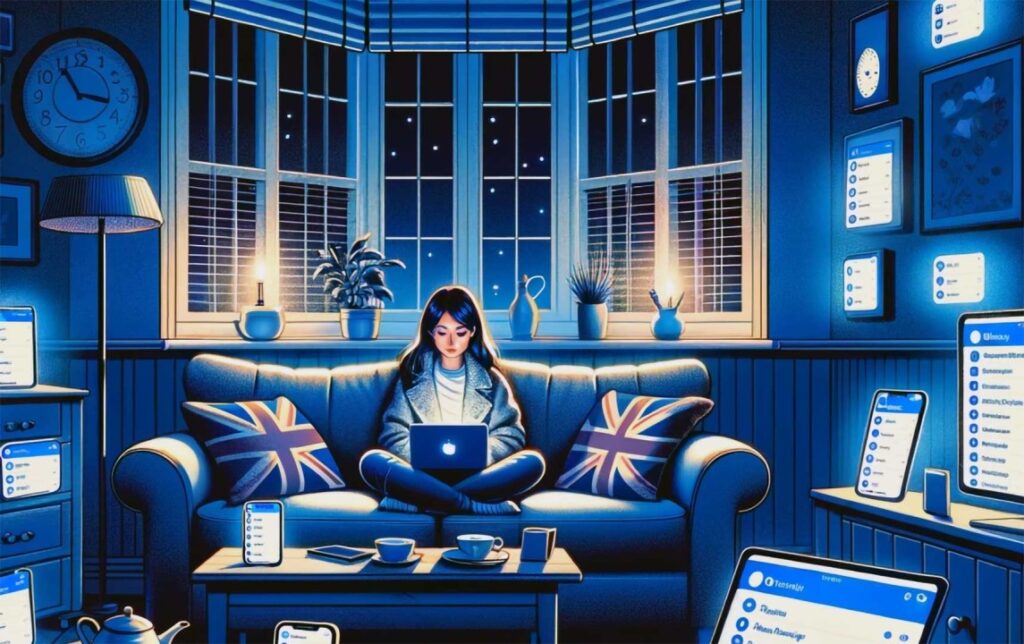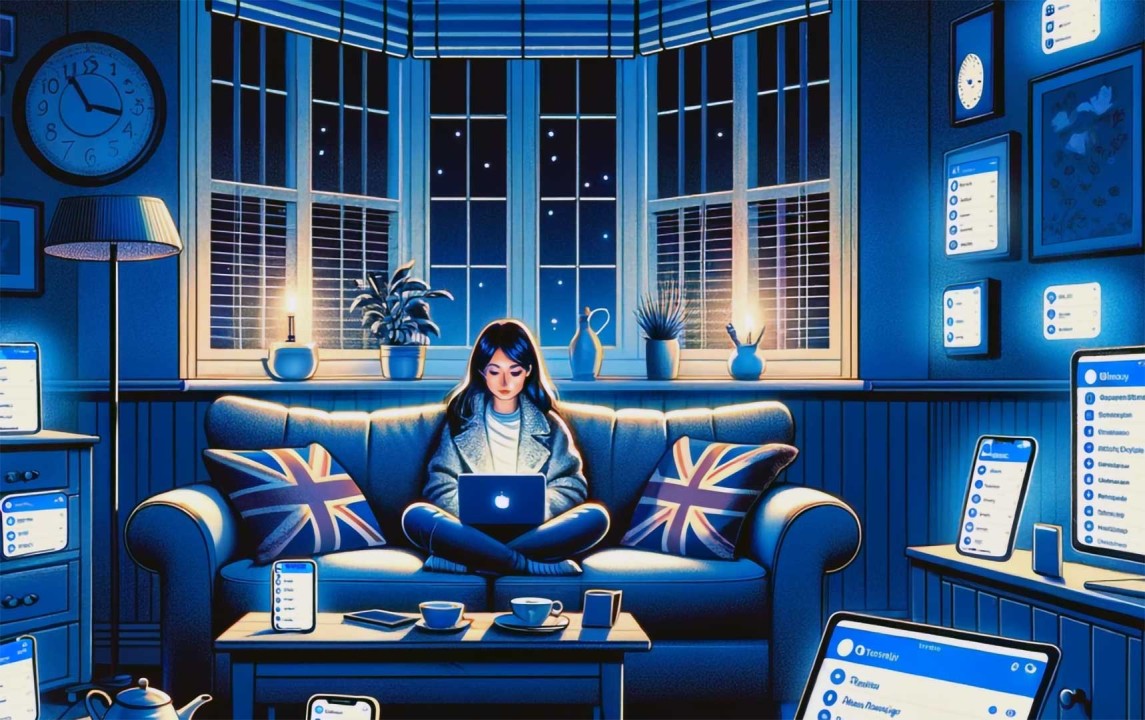
In the plush-carpeted halls of every head office, sinister clocks tick. They don’t stop at five and start again at nine the next day.
I can’t be the only one to have dad-danced to the rhythm of their relentless beat, answering emails when I should be arguing why my diet starts tomorrow and not today.
The digital sun never sets
Remember the good old days of ‘follow the sun’ working – where teams in different time zones would hand over to the next time zone so there was always someone there? The digital sun never sets, and I’ve come to realise the possibility of being ‘always on’ doesn’t herald progress. It shackles creative spirits and muffles the whispers of innovation. There’s no time to think about trying something different – doing the same demands all of our attention.
We check our emails over dinner, on a train or in the middle of a re-imagining of something by Pinter that the Guardian called irresistible. The siren song of notifications lures us onto the rocks of email and chat. We have become digitally domesticated, Pavlovian pets responding to each ping and buzz.
The toll on professionals
One 2022 survey revealed that 67% of professionals are experiencing stress at moderate to high levels and that almost 35% of employees report the stress they experience at work is having a negative impact on them.
We burn out. But so what? We can take a week off and come back refreshed. Technology might be always on, but we don’t have to be. We’re so much more productive these days with our two-factor authenticated single platform working lives.
This delusion of digital indispensability sabotages original thinking and spawns repetitive mediocrity. We sacrifice silence on the altar of speed and convenience. The rich loam of imagination requires space and stillness to flourish. Insight arises when the mind unshackles from constant emails and meeting requests.
An appeal for shorter working weeks
The Reed Group is a people-focused organisation that provides HR solutions to help companies manage absences, disabilities, and overall workforce health. In 2021, they published a survey reporting that more than 80% of people in the UK would prefer a four-day working week. It went on to state improved morale and fewer absences as one of the benefits of a shorter working week where downtime is respected.
The subtle traps of ‘helping out’
When I see someone I line manage sending emails at midnight or from a beach they just bragged about on Instagram, something is wrong. It’s worse when my manager sends meeting requests during their time off. They’ve bought into the always on and they almost certainly want me to do the same.
People insist they do this to help out or save time. Covering for someone new or someone out sick. I constantly hear, ‘If I just spend two minutes of my own time on one email, it’ll save me an hour tomorrow morning.’ If the job requires an hour tomorrow morning, then it requires that hour, and your two-minute email tonight won’t change that. If anything, you’ll get an email back the same evening, then another and another, and before you know it, you’re working online past midnight while your partner glares from the next pillow, daring you to mutter one word about how you hate your job because they expect you to be ‘always on’. And as for helping someone out … when you reach the pearly gates (or the burning hot bars), those emails and chats won’t be on anyone’s list of things you did that made you a good person.
Steps to reclaim our time
It feels like time to take a stand against the creeping infiltration of work into every corner of life.
- Don’t just silence work notifications on weekends. Delete work apps entirely. They take minutes to reinstall on Monday morning.
- Disable their use of your valuable mobile data.
- If you’re on holiday, let your work phone have a break too – leave it at home.
- Change your out-of-office message – don’t share the names of those to contact in your absence. Just say, “I’m away until …” and then allow yourself the pleasure of a full stop.
- When someone you work with sends an email while on leave, ignore it. If they send another reply politely, promising an answer when they’re back in the office.
- If you expect anyone you work with to be reachable during off-hours, you are the problem. Reset expectations. Lead by example.
The choice is ours
We each have a choice – to either reclaim our lives or remain chained to digital desks.
And what would any company value more? A burned-out, end-of-their-tether coffee-mainlining workhorse who wanders head down from one meeting to another. Or someone with space for reflection, who stays connected with loved ones, fired up on ideas, arriving in their office or online fully fuelled and ready to think and do.
What steps will you take to unplug from the digital leash and foster a culture of real downtime?


